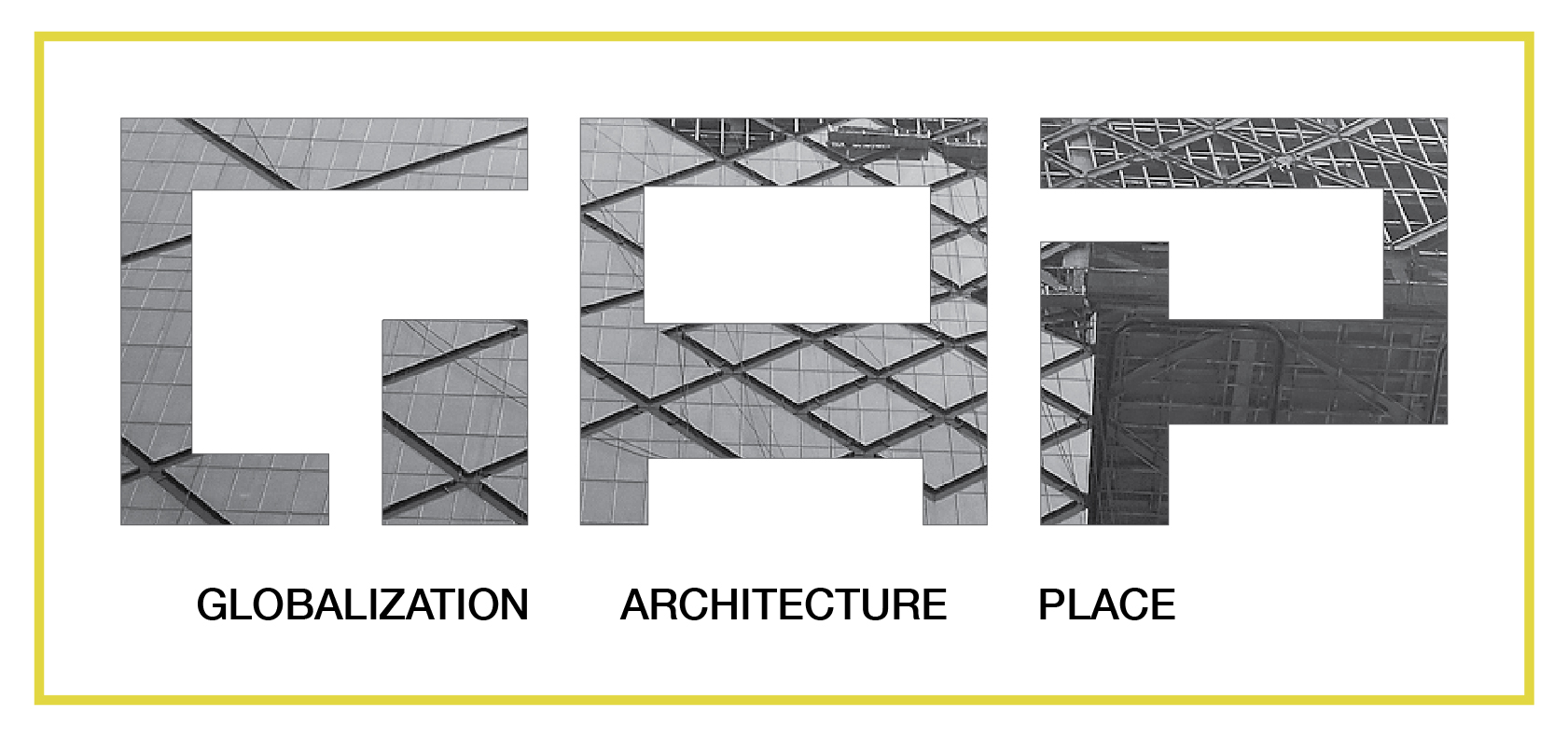Necessitating Convergence:
Design / Ecology / Technology / Climate Change
Only the faulty assumption that any change is unnatural makes us conclude that the greenhouse effect will be bad for the planet. Thus, the idea of “sustainability” and general homeostasis is a profoundly unnatural goal. The universe does not, except in certain temporary periods and places, sustain or maintain: it changes, improves, complexities, sometimes destroys … it is a system to subvert and disrupt sustainability and maintainability.
— Frederick Turner, “The Invented Landscape”
In recent decades, a wealth of research has emerged underscoring the need for professions intervening in the built environment to define more broad ranging practices and research that potentially spans multiple disciplines to significantly ease stress on an overburdened environment systematically. To date, sustainable practices and theory relies heavily on a resource management focus instead of attempting to instigate overarching changes to how many professions and industries operate. This current “reactionary” situation: one long on short-term tactical efforts, but short on long-range systemic planning doesn’t sufficiently interrogate our current cultural values to the environment nor our communal (mis)understanding of climate change. It is only from a critical regarding our modes of operation and cultural value systems can the necessary transformation in practices and disciplinary values necessary to meet the challenges of climate change emerge. In short, this seminar will investigate issues involving the foundations of our cultural outlook towards climate change, technology, and Nature to speculate upon how radical departures from our traditional practices might emerge – departures that are authentically transdisciplinary and truly transgress the boundaries of the conventional definition of a “project”.
